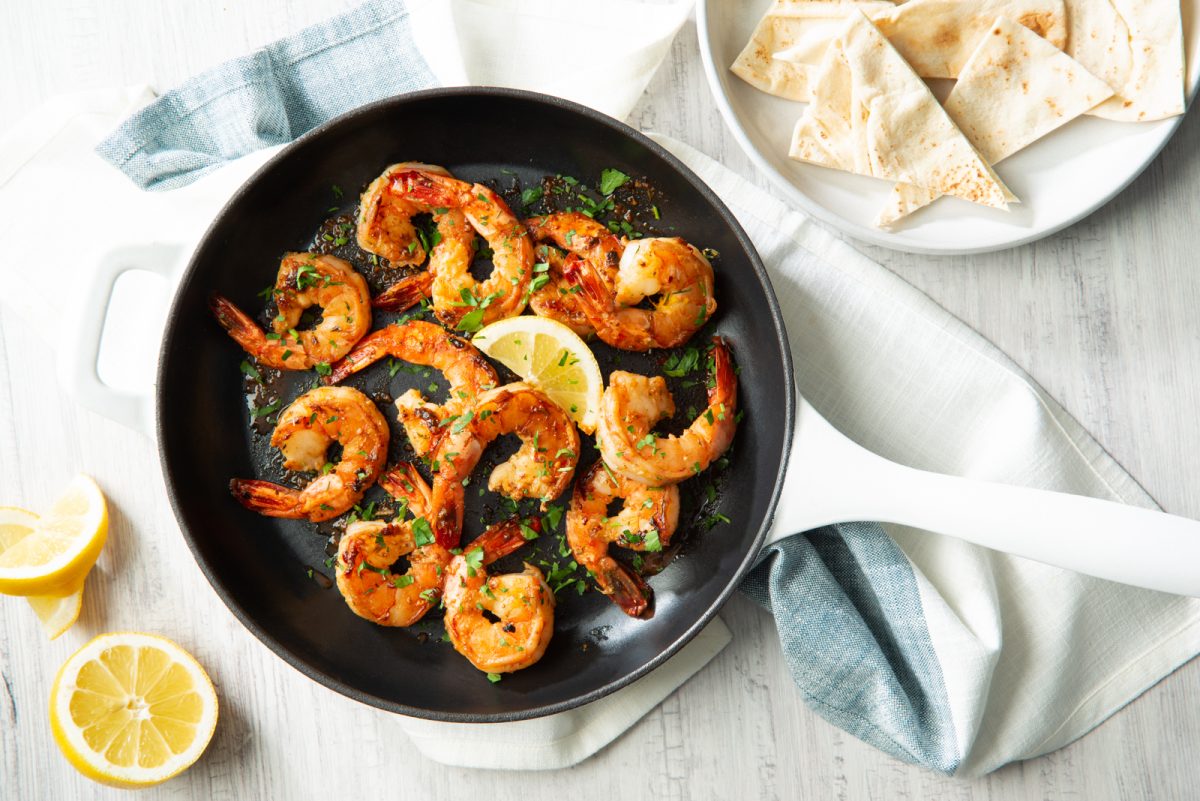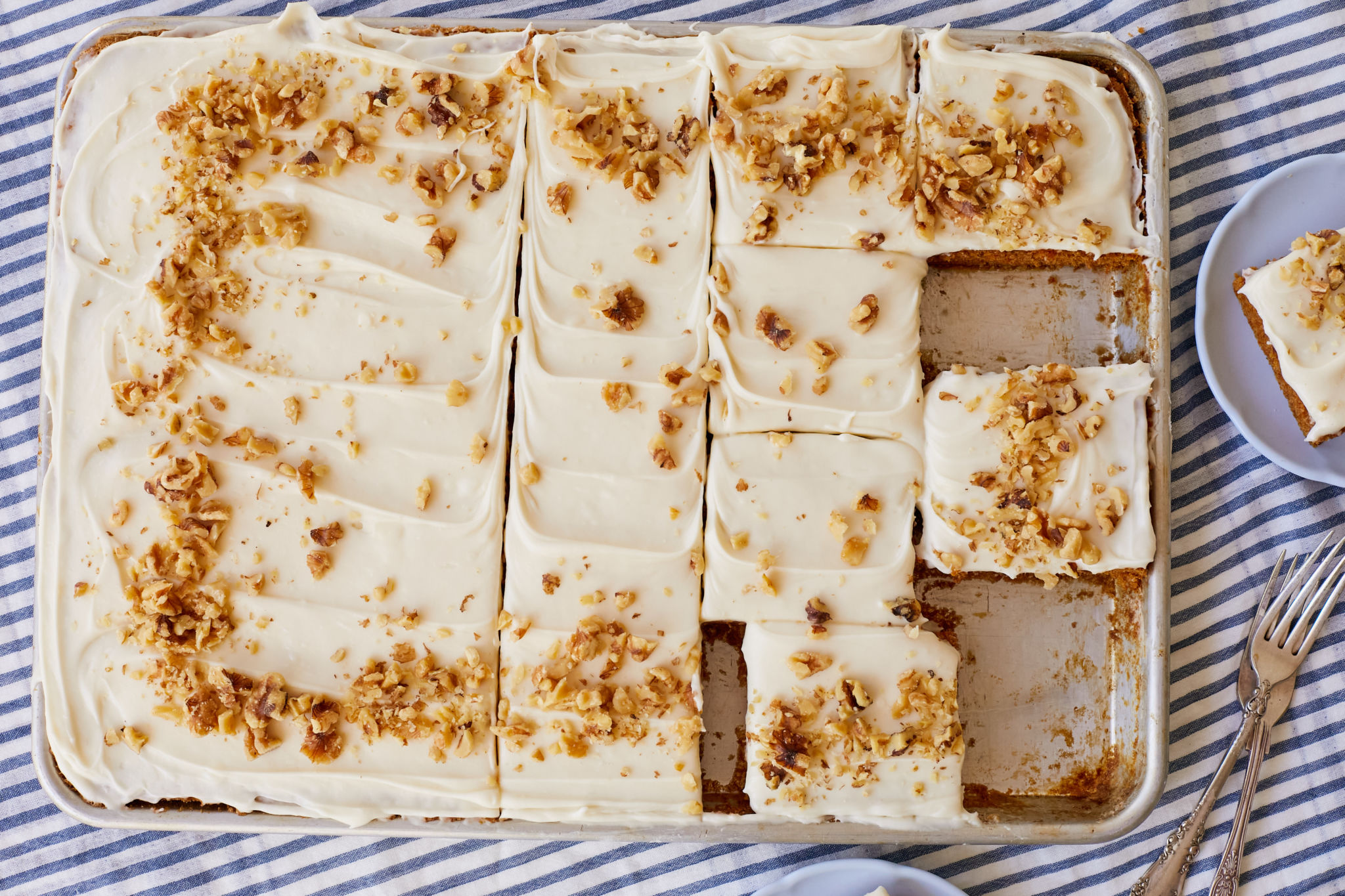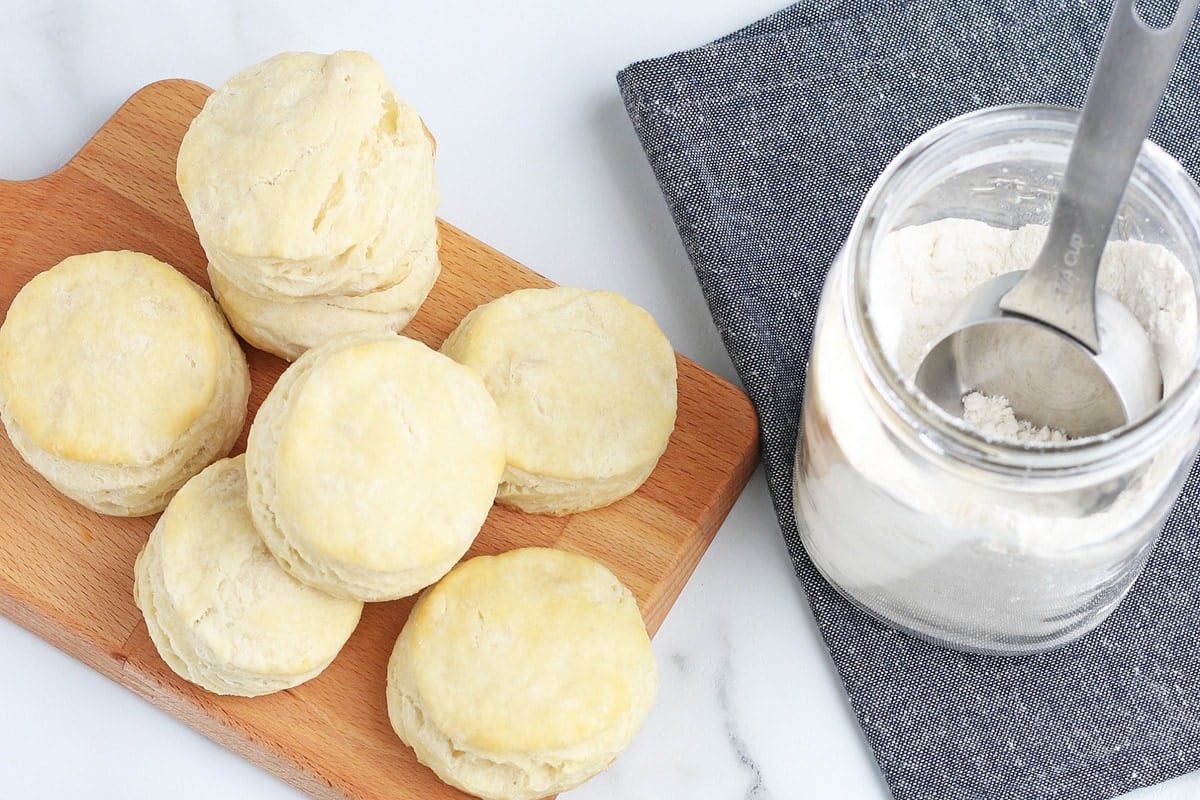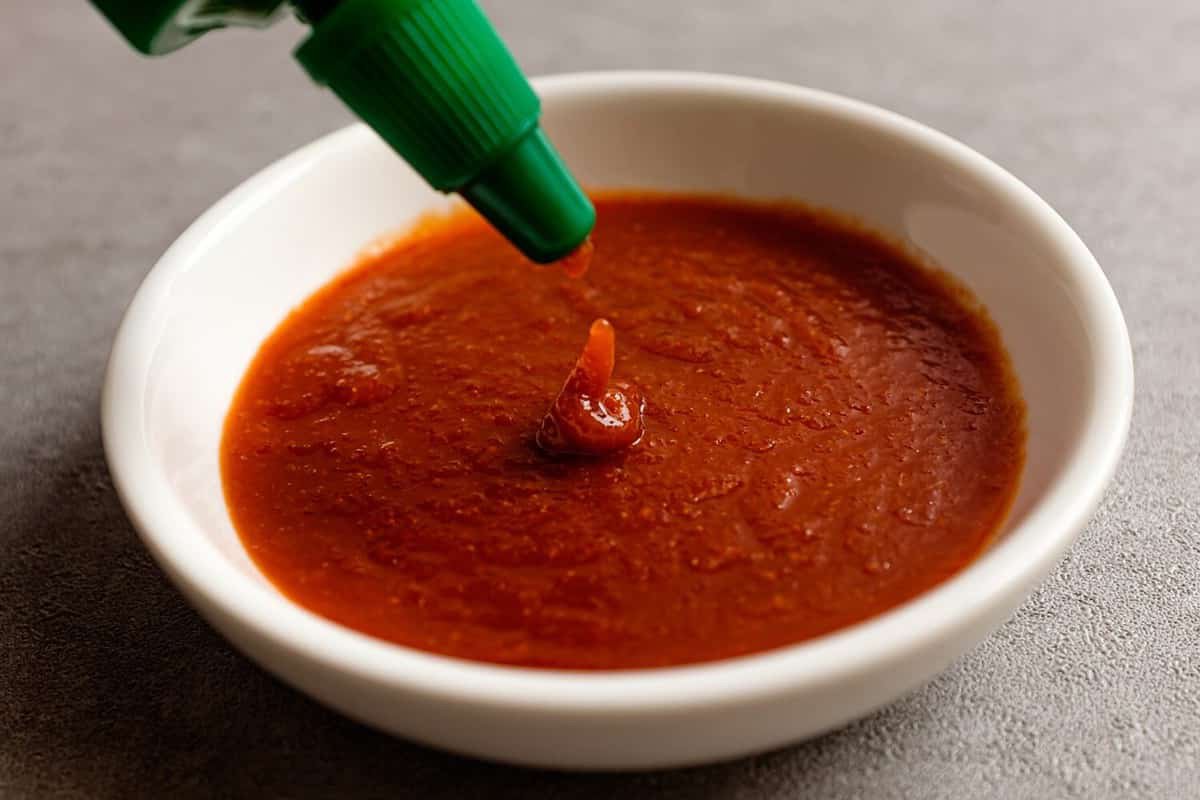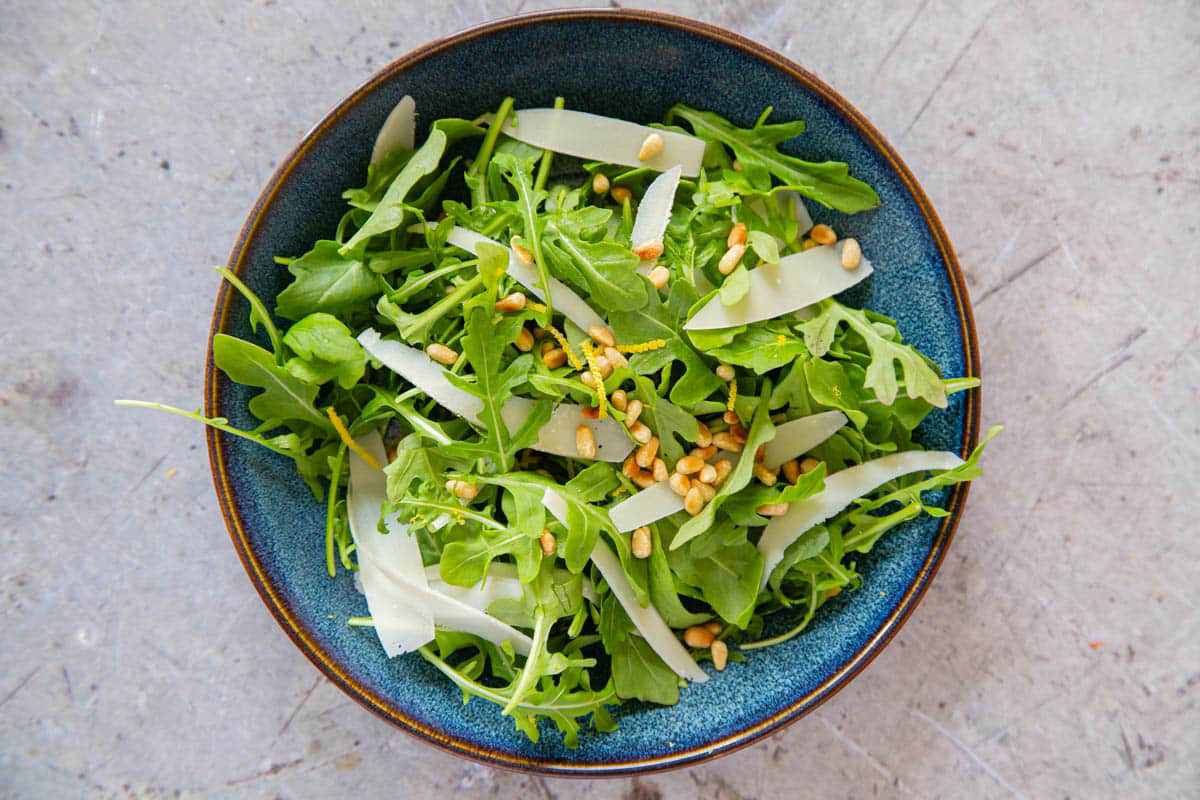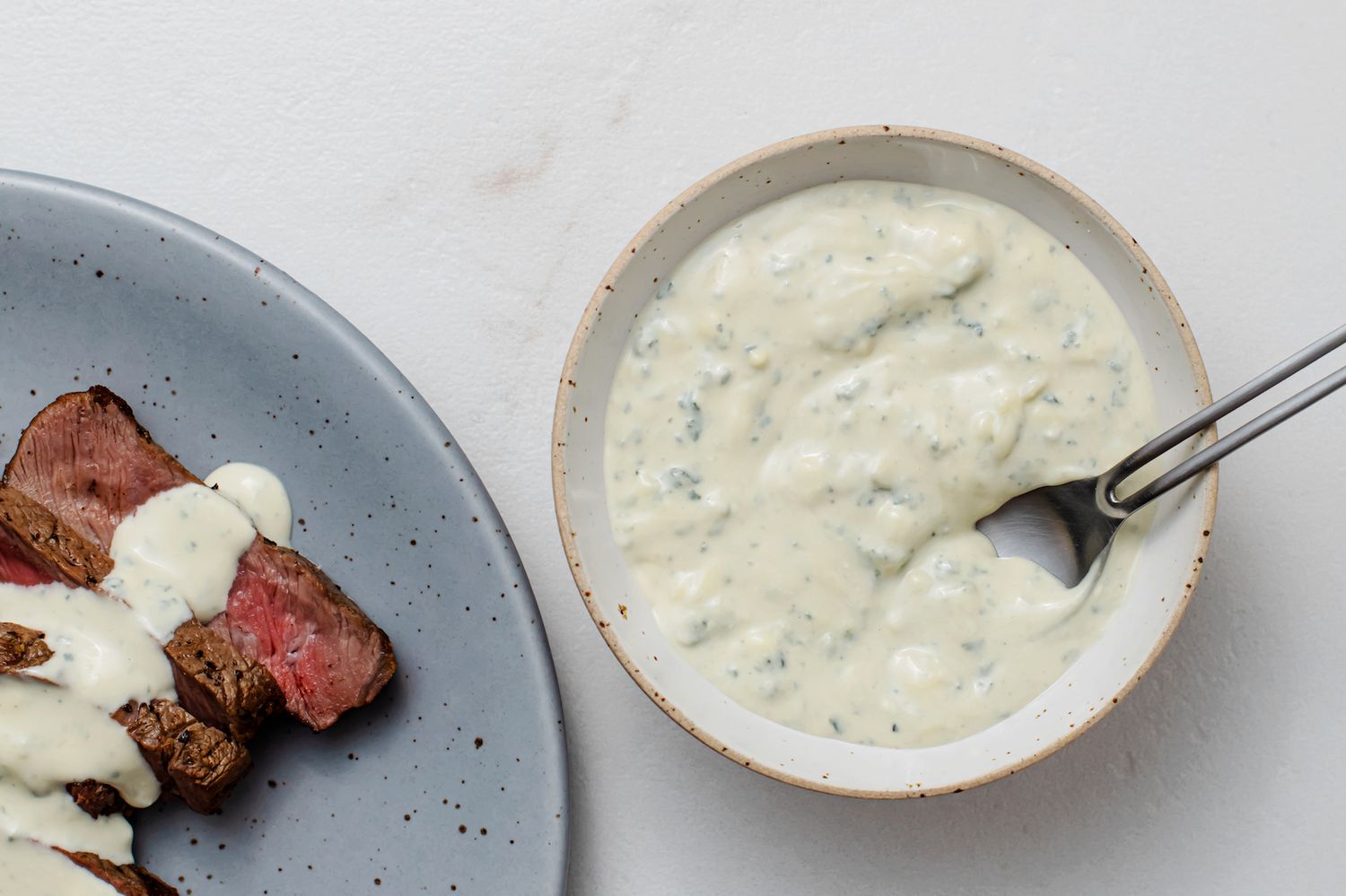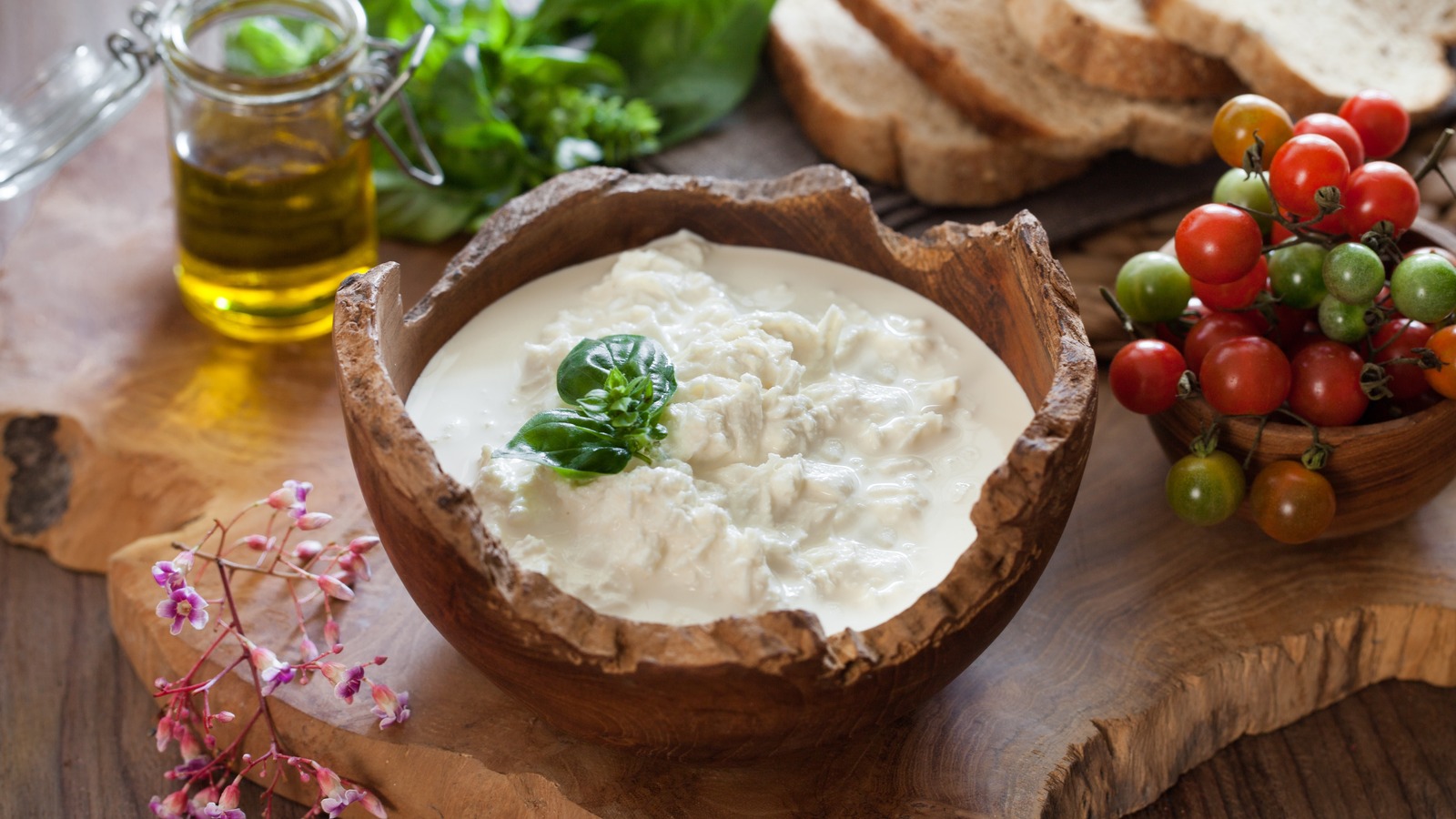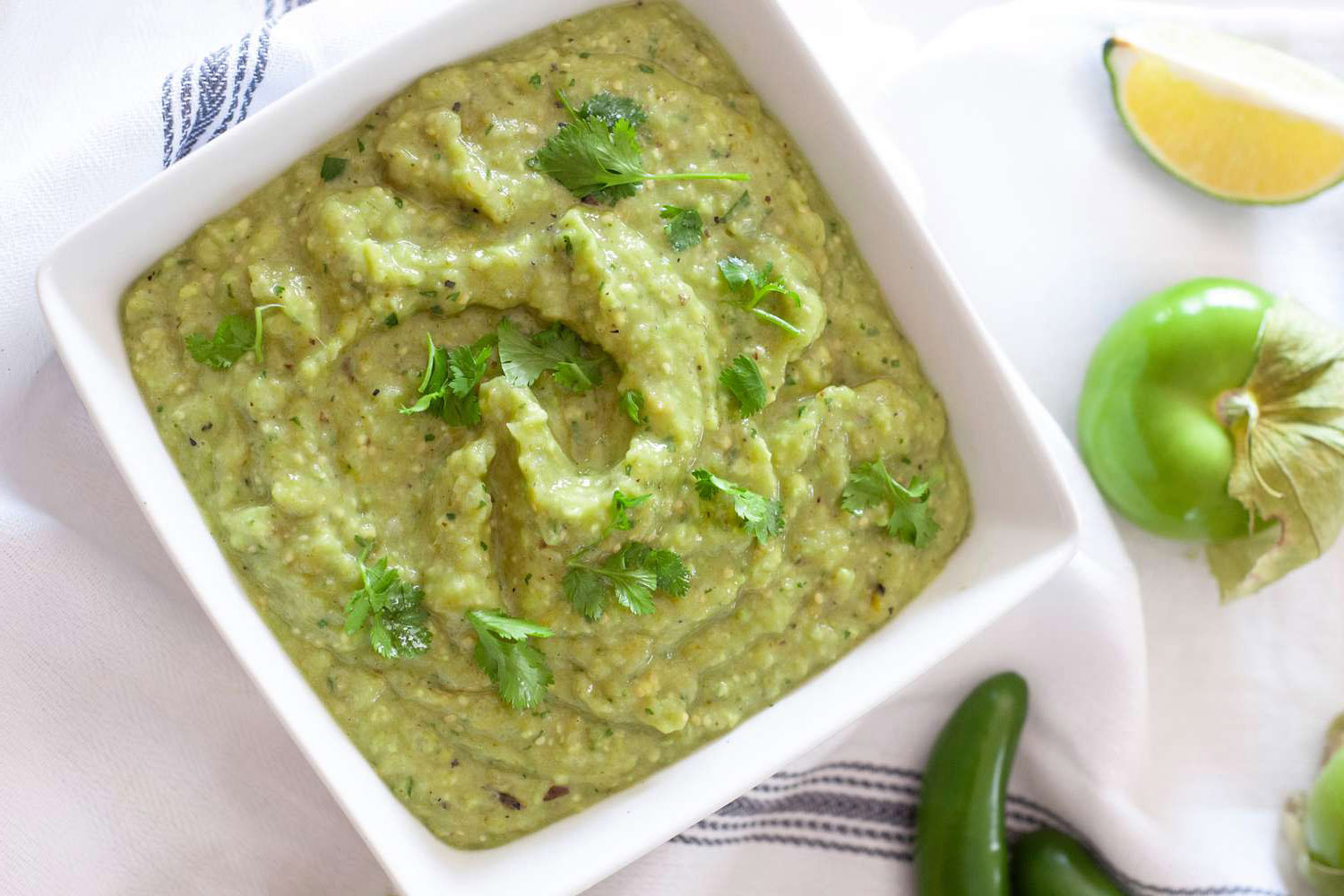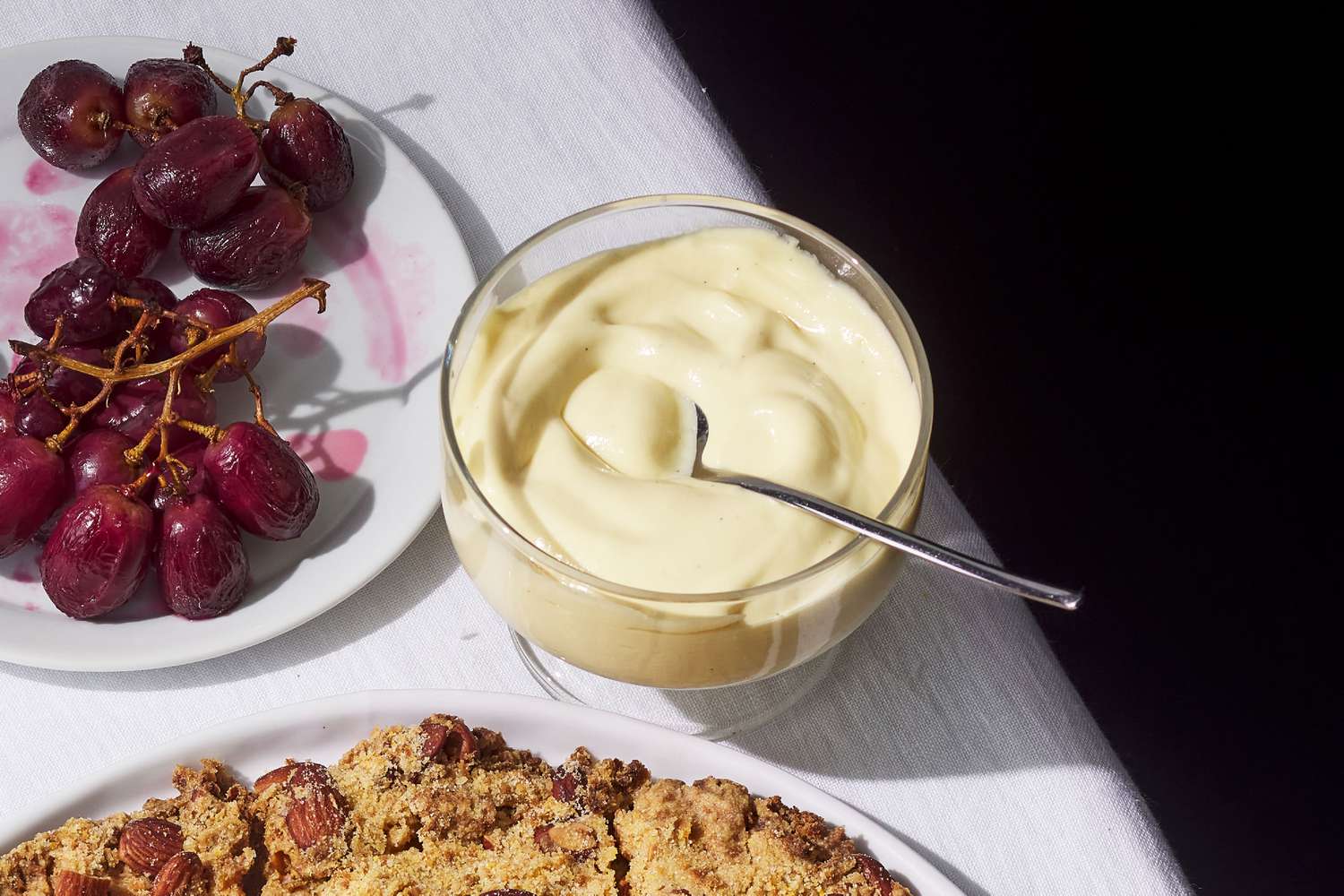Dry mustard, also known as ground mustard, is a popular spice that adds a unique flavor and aroma to a wide variety of dishes. Made from the seeds of the mustard plant, dry mustard is a versatile ingredient that is commonly used in cooking and baking. In this article, we will explore the origins of dry mustard, its uses in the kitchen, and its potential health benefits.
Origins of Dry Mustard
Dry mustard has been used for centuries in various cuisines around the world. The mustard plant, from which dry mustard is derived, is native to the Mediterranean region and has been cultivated for its seeds for thousands of years. The ancient Romans and Greeks were known to use mustard seeds in their cooking, and the spice eventually spread to other parts of Europe and Asia.
How Is Dry Mustard Made?
Dry mustard is made by grinding the seeds of the mustard plant into a fine powder. The seeds themselves have little to no aroma, but when ground, they release an intense, pungent flavor. The powder can vary in color from bright yellow to dark brown, depending on the type of mustard seeds used and the processing method.
Culinary Uses of Dry Mustard
Dry mustard is a staple in many spice racks and is a key ingredient in a wide range of recipes. Its pungent flavor and sharp heat make it a popular addition to marinades, salad dressings, and sauces. Here are some common culinary uses of dry mustard:
-
Marinades: Dry mustard can be used to add depth of flavor to meat, poultry, and seafood marinades. Its sharp taste helps to tenderize the protein and infuse it with a rich, savory flavor.
-
Salad Dressings: When mixed with vinegar, oil, and other seasonings, dry mustard creates a zesty and tangy salad dressing that can elevate the flavors of fresh greens and vegetables.
-
Sauces: From classic mustard sauces to creamy cheese sauces, dry mustard adds a kick of heat and complexity to a variety of savory sauces.
-
Baking: Dry mustard is a key ingredient in many baked goods, such as breads, pretzels, and savory pastries. It can also be used to add a subtle kick to homemade condiments like mayonnaise and barbecue sauce.
Health Benefits of Dry Mustard
In addition to its culinary uses, dry mustard may also offer some potential health benefits. Mustard seeds contain a compound called allyl isothiocyanate, which has been studied for its potential anti-inflammatory and antimicrobial properties. Additionally, mustard seeds are a good source of selenium, magnesium, and omega-3 fatty acids, all of which are important for overall health.
In Conclusion
Dry mustard is a versatile spice that has been enjoyed for centuries for its bold flavor and potential health benefits. Whether used to add a kick to marinades, dressings, or sauces, or to enhance the flavor of baked goods, dry mustard is a valuable addition to any kitchen pantry. So, the next time you reach for a spice to liven up your cooking, consider reaching for a jar of dry mustard and exploring the many ways it can enhance your culinary creations.
Was this page helpful?
Read Next: What Is Fonduta
